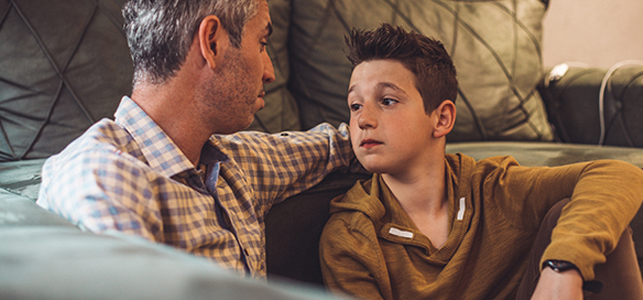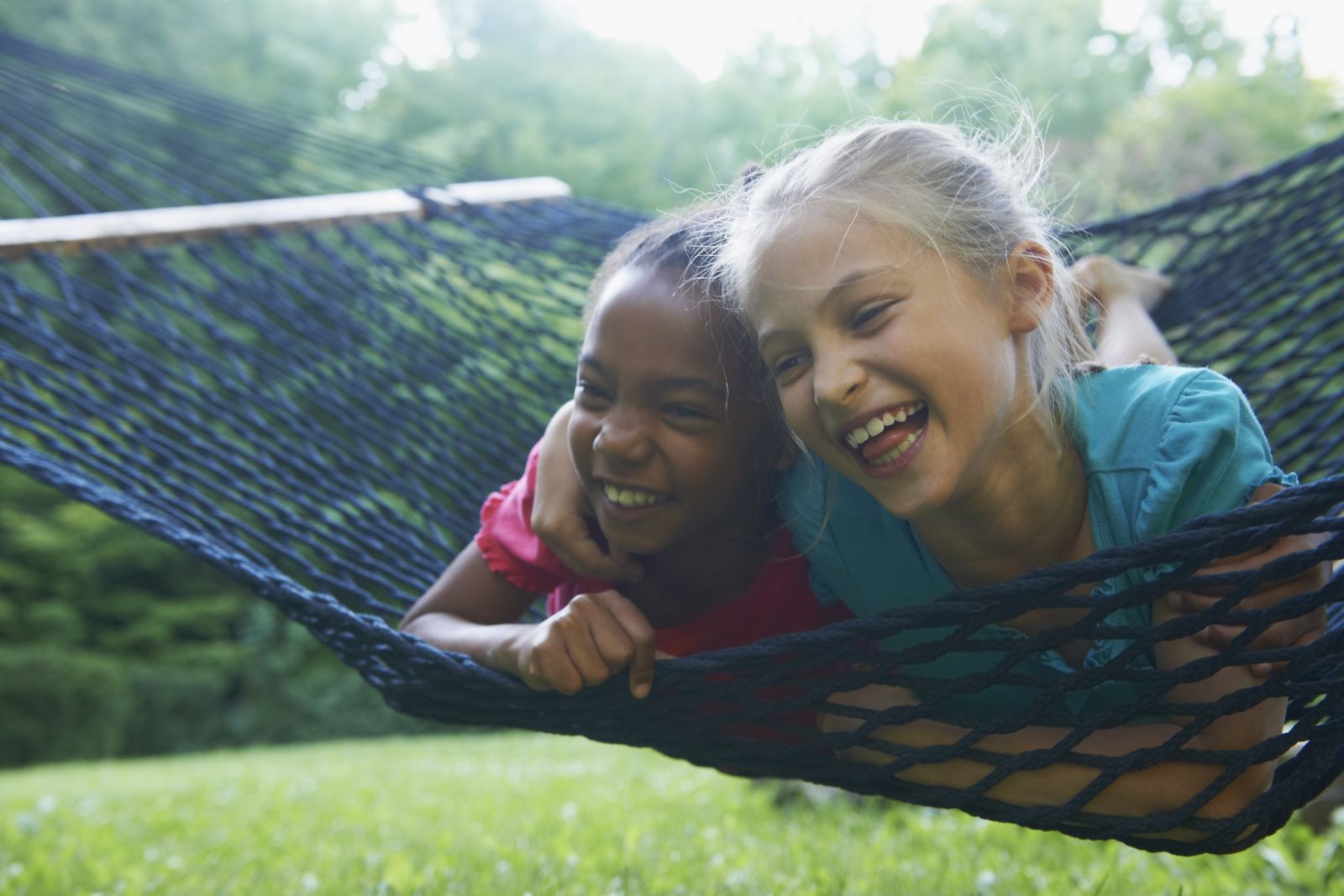
This article was originally submitted by Dr. Bela Sood, child and adolescent psychiatrist, as an op-ed.
We are sharing it here as a resource of information for our families, team members and community.
Natural disasters are one thing like Hurricane Katrina, the tsunamis and the tornadoes that rip roofs off and leave our earth ravaged…Children are buffered from these events and the horrific images by advice that people like me and others give their parents through hurriedly written blogs and advice columns. While these quick sound bites and fixes to salve the wounds of our kids and families have a place, they do not produce lasting change.
The events that have gripped this country in the past month juxtaposed with the COVID pandemic have exposed our inequities as never before.
Take social distancing: Is it truly possible for all? How does one social distance when five people occupy a one-bedroom home? How does one get food when there are no delivery options in their zip code or, worse still, when the loss of daily wages leads to the inability to buy food? On the heels of that comes the sharp scalpel that has lanced the wounds of racial and ethnic tension in a historical repetition that uncovers the inequities in society. These disparate conditions are hidden by a thin veneer of ignominy whether it is ethno-racism, xenophobia, gender-based or sexual orientation-based discrimination.
We know despite our clamoring at a county or state level that change is not happening at an adequate pace. For authentic change, we must insist for accountability in leaders to address these inequities. So I turn my gaze towards other possibilities and solutions. I have felt deeply and inexorably sad inside my soul. What has happened to my country, which I chose over my homeland 38 years ago, as it sits bewildered, angry, writhing through spasms of collective trauma? So, what are other solutions?
We talk about changing systems and changing policy, but how about we begin by changing the dialogue in families?
After all, families are the units where human beings acquire their values. No child is too young or too old to learn about justice and fairness. These dialogues may not be about meaty and difficult issues like racism, but kids understand that the school yard bully is not good news and that it does not feel good either when mom or dad plays favorites with their children.
 To produce societal change we may have a chance if we focus on children. If we are not already doing this, we need to have conversations in homes, families and extended families that give children values that help them become good global citizens. What a great gift to give your kids! Examine your own values and ask yourself these questions: Why are equal chances important? Why is it important for your own well-being that your neighbor, your community or your city does well? Dialogues that are uncomfortable can open our minds to differences in the world so that the currency of prejudice perpetuating stereotypes has no place. Dialogues that engender appreciation for differences help children see how these differences can enhance one’s life by stretching existing knowledge to bend to new schema that present themselves. This is resilience!
To produce societal change we may have a chance if we focus on children. If we are not already doing this, we need to have conversations in homes, families and extended families that give children values that help them become good global citizens. What a great gift to give your kids! Examine your own values and ask yourself these questions: Why are equal chances important? Why is it important for your own well-being that your neighbor, your community or your city does well? Dialogues that are uncomfortable can open our minds to differences in the world so that the currency of prejudice perpetuating stereotypes has no place. Dialogues that engender appreciation for differences help children see how these differences can enhance one’s life by stretching existing knowledge to bend to new schema that present themselves. This is resilience!
Only after examining our own prejudices can we effectively speak to our children.
Values such as empathy, reciprocity and mentalization (seeing the mental state of the self and others) are all part of emotional intelligence which is so important to life success. Some people are born with it, but it can also be taught. Childhood is the best time to incubate these ideas. If not for societal good, do it with the selfish desire to raise children with wholesome values that will take them somewhere or far ahead. If we can change the way families have these dialogues we will raise citizens who grow up to become fair law enforcement officers, fair policy makers, fair educators and the list goes on. Otherwise, the foundational re-training of grown-ups about “humanity and tolerance” will always be a catch-up game that can never be won.
